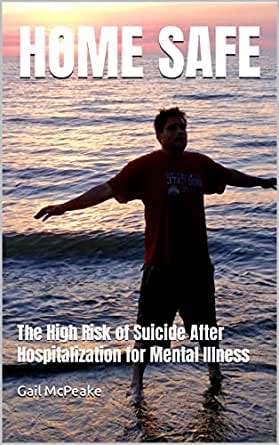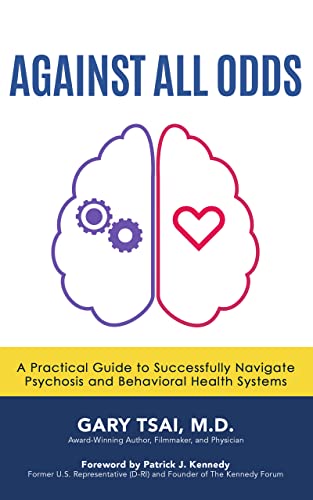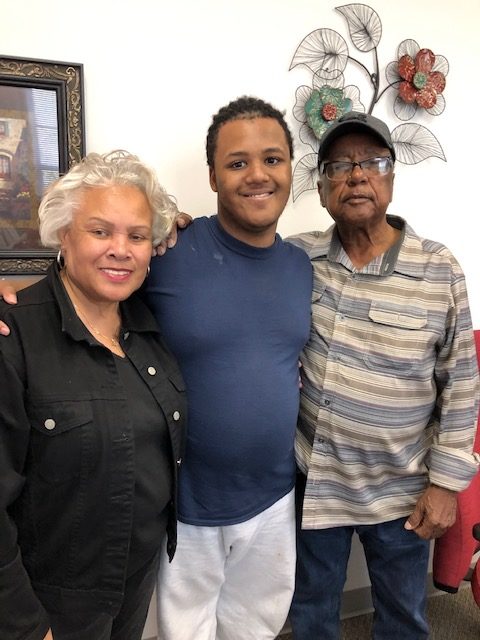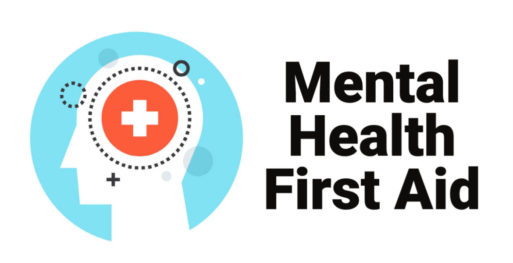
(8-8-22) In this third installment about recent books, emerging author Luther Kissam V finds power and healing writing poetry. Thrilled to reprint his story and a poem.
Have I Told You About My Superpowers
by Luther Kissam V (copyrighted material used with author’s permission.)
It was about 10 p.m. at my rural, Pennsylvanian boarding school when my mother found me running nearly naked through the snow and freezing weather. She was visiting, and I had just jumped out of her moving car, paranoid that she was trying to stop me from fulfilling my purpose.
I told her I had superpowers that the moon had given me, and that I was on fire. Neither of those things were true, but my delusions of grandeur were overwhelming. I was manic with psychotic features. Serendipitously, a teacher stumbled upon us, and was able to coax me into his car before taking me to the school infirmary so I could be hospitalized.
I left the hospital with a diagnosis of bipolar disorder, and a prescription for Lamictal. In some ways being diagnosed with bipolar disorder was a blessing; at least I finally knew the cause of my worsening emotional instability. For years I rapidly cycled through episodes of depression and mania, impacting my relationships and potential future.
I was getting by but barely.






